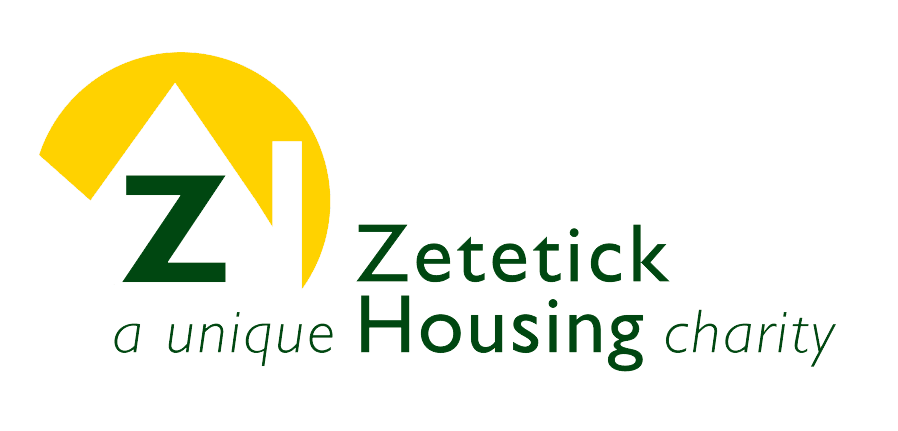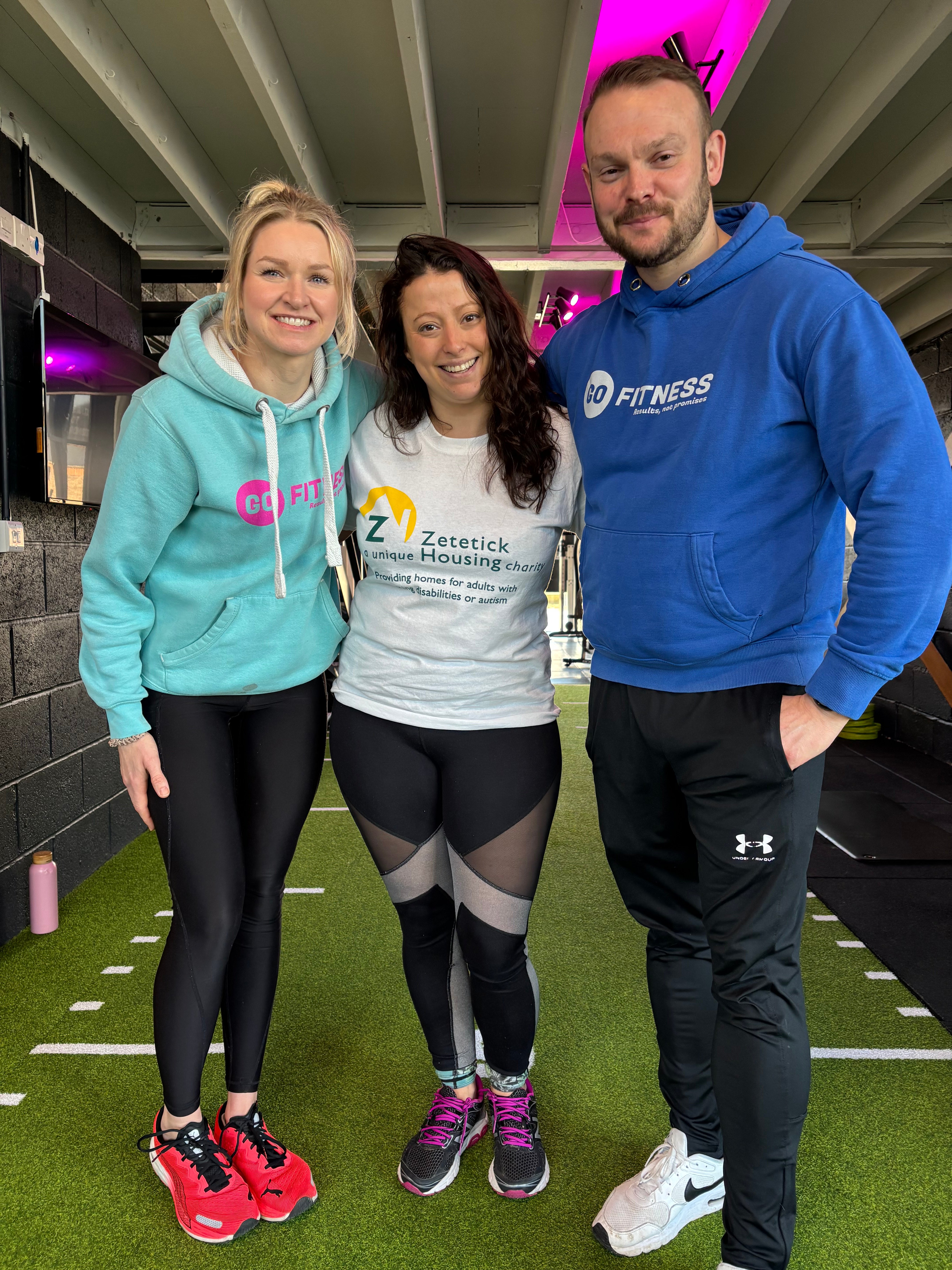Table of Contents
Real Digital inclusion – build back better for a brighter future
#fundraising #giveback
Life was very different in many ways in the 1950s. In terms of technology, the most sophisticated it got for most people who were lucky enough was to have a television at home. These days nearly every aspect of everyday life is managed online, and people who don’t have a computer or access to the internet, or who haven’t been shown how to use them, are falling behind.
The ONS (Office for National Statistics) estimated in 2019 that 9% of adults in the UK had never used the internet, or had not used it over the previous three months.
https://www.citizensonline.org.uk/digital-inclusion/
The ‘digital divide’
The ‘digital divide’ between people with and without access to technology and the internet is largely a marker of inequality and poverty. This is where real digital inclusion comes in.
Since lockdown it has become even more difficult to access services without having access to the internet as many companies have moved staff to working from home, and have been making access to more and more services online only.
Before Covid many people with disabilities, learning disabilities and autism were already facing social exclusion and dealing with feelings of isolation and loneliness. Lockdown and Covid restrictions are exacerbating those problems. In the ‘new normal’ technology is proving that digital inclusion is an invaluable resource for social inclusion as we use our devices more than ever to stay in touch with friends, family and the outside world.
Real digital inclusion occurs in Smart homes
Zetetick would like to make all our homes ‘smart’ homes and give our tenants access to a virtual assistant.
Our fundraising appeal – Smart Money for Smart Homes – is on Total Giving: https://www.totalgiving.co.uk/appeal/smartmoney it’s all about real digital inclusion. We need the money to buy the devices as well as the specialist training sessions our tenants will need to learn how to use them.
A virtual assistant, whether it’s an Alexa, Echo or Google device, could really improve the quality of life and the quality of digital inclusion of our tenants. These devices could help in very practical ways, for example, programming calendars and reminders, alarms and shopping lists. For our tenants who have physical disabilities, a simple voice-activated command could switch the lights on and off.
“Alexa, tell me a joke”
It’s not all about practical help though. Virtual assistants can be educational – you can ask for information on any topic, ask for a spelling, listen to an audiobook – and of course they can easily play music, games, control the TV and even tell jokes!
Will you help us create some real digital inclusion for some of those most marginalised by society. Please donate here if you can Smart money for smart homes – from £15
#digitalinclusion #inclusion #realdigitalinclusion






 Boost Your Estate Agency: Join Hike4Homes 2025-Show You Care
Boost Your Estate Agency: Join Hike4Homes 2025-Show You Care Giving: experience the joy of giving for free
Giving: experience the joy of giving for free Charity Donations | 3 reasons for bountiful giving
Charity Donations | 3 reasons for bountiful giving Life partners - Rosie's story
Life partners - Rosie's story Meet Zetetick trustees - An interview with Natasha
Meet Zetetick trustees - An interview with Natasha